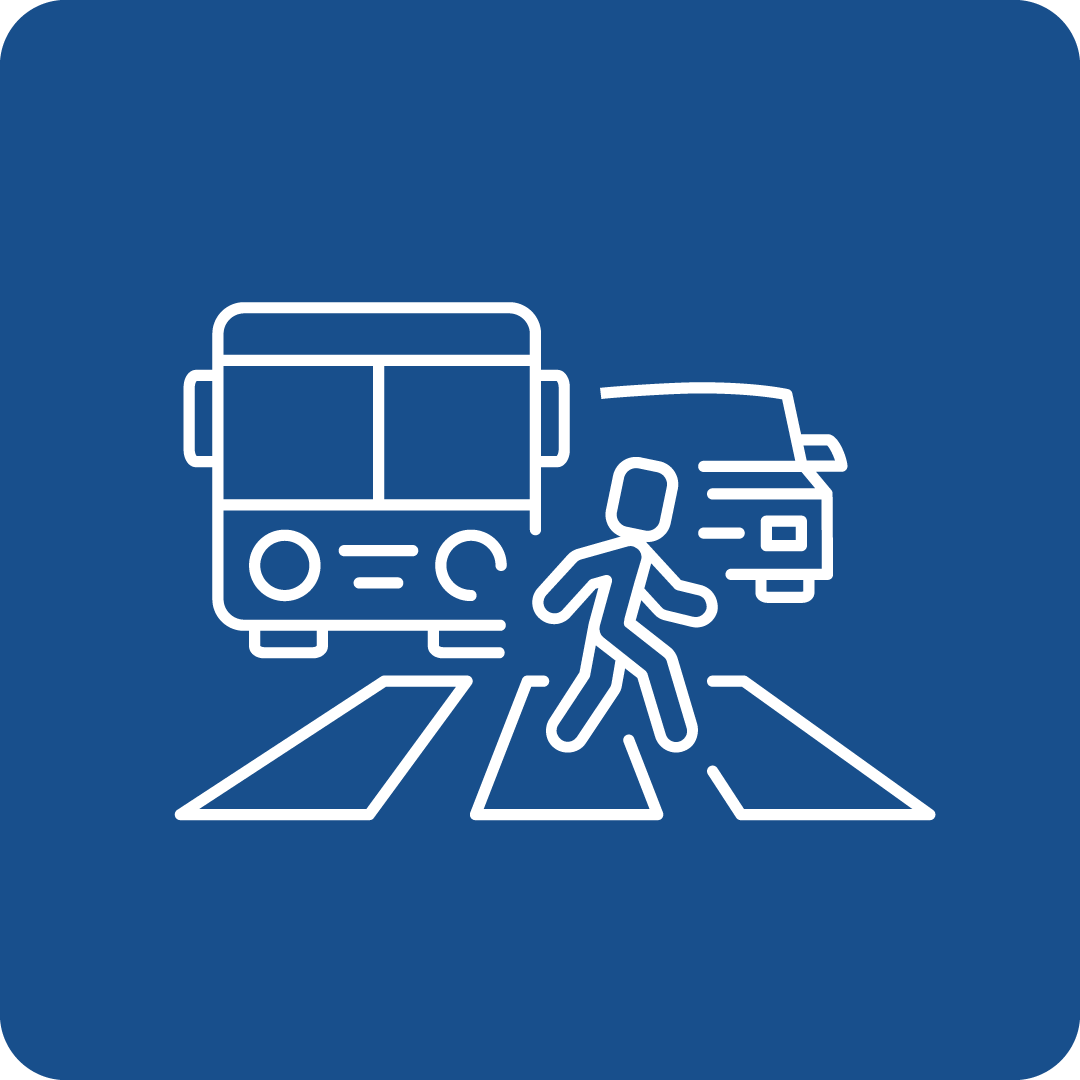Filter Search for grants
Call Navigation
Deadline expired
The deadline for this call has expired.
Call key data
Interreg Europe- second call for projects
Funding Program
Interreg Europe
deadlines
Opening
15.03.2023
Deadline
09.06.2023 12:00
Funding rate
70-80%
Call budget
€ 130,000,000.00
Link to the call
Link to the submission
Call content
short description
Interreg Europe is an interregional cooperation programme, co-funded by the European Union. The European Union strives to reduce disparities in the levels of development, growth and quality of life in and across Europe’s regions. Interreg Europe's objective is to enable public authorities and other relevant organisations to actively learn from the experience of other regions. This is a learning process which involves identifying, analysing, and transferring good practices with the aim of improving regional development policy instruments and ultimately delivering solutions that benefit all citizens.
Call objectives
Interreg Europe's overall objective is "to improve the implementation of regional development policies, including Investment for jobs and growth goal programmes, by promoting the exchange of experiences, innovative approaches, and capacity building in relation to the identification, dissemination, and transfer of good practices among regional policy actors".
The programme will finance two complementary types of strategic action:
- Interregional cooperation projects: are partnerships made up of policy-relevant organisations from different countries in Europe which work together for 4 years to exchange experience on a particular regional development issue. In the fourth and final year of implementation, the partner regions mainly focus on monitoring their project’s results and impact. Calls for project proposals will be launched throughout the programming period.
- A Policy Learning Platform: provides a space for continuous or on demand learning where any policy-relevant organisation dealing with regional development policies in Europe can find solutions and request expert support to improve its policies.
read more
Expected results
This is a call for proposals for interregional cooperation projects. These projects gather policy-relevant organisations from different countries in Europe working together on a common regional development issue. The first three years of the projects (‘core phase’) are dedicated to exchange and transfer of experience among the participating partners in order to improve the policy instruments addressed by the project. In the fourth and last year (‘follow-up phase’), the regions mainly focus on monitoring the results and impact of the cooperation. A detailed description of this action is provided in section B ‘Projects’ of the programme manual.
Eligibility Criteria
Regions / countries for funding
Norway (Norge), Switzerland (Schweiz/Suisse/Svizzera)
eligible entities
Non-Profit Organisation (NPO) / Non-Governmental Organisation (NGO), Public Body (national, regional and local; incl. EGTCs)
Mandatory partnership
Yes
Project Partnership
Interreg Europe projects must involve partners from at least three participating countries, at least two of which shall be beneficiaries from EU Member States, with the latter applying for Interreg Europe funding. Based on previous experience, a partnership of between 5 to 8 ‘regions’ appears to be the configuration which best ensures a rich and successful interregional learning process. The recommended number of partners per project (without considering the possible involvement of an advisory partner) is therefore from minimum 5 up to 16 partners when the following points are also considered:
- the participation of the policy responsible authorities as partners is compulsory for at least 50% of the policy instruments addressed in a project application
- the most relevant organisation(s) for the issue addressed by the project are also encouraged to be involved as partners.
other eligibility criteria
The programme introduces a further eligibility criterion, specifically, a minimum geographical coverage for all project applications. The application must involve partners from the either three or four geographical areas defined below by the programme (North, East, South, and West).
- North: Denmark, Estonia, Finland, Germany, Latvia, Lithuania, Norway, Sweden
- East: Austria, Bulgaria, Czech Republic, Hungary, Poland, Romania, Slovakia, Slovenia
- South: Croatia, Cyprus, Greece, Italy, Malta, Portugal, Spain
- West: Belgium, France, Ireland, Luxembourg, Netherlands, Switzerland
Further, at least one policy instrument addressed in the application is an Investment for jobs and growth goal programme. Applicants should be careful when completing the related question in the ‘Policy instruments’ section of the application form (i.e., ‘is this policy instrument an Investment for jobs and growth goal programme?’). To answer ‘yes’ to this question, it is not sufficient that the policy instrument addressed is linked to an Investment for jobs and growth goal programme, it must be the operational programme itself. For instance, the Sustainability Urban Mobility Plan (SUMP) of a particular city cannot be considered an operational programme even if it is fully financed through this programme. To be considered an Investment for jobs and growth goal programme, the applicant must describe the corresponding investment priority of the operational programme, and not the SUMP, in the section of the application form dedicated to the policy instruments. The fulfilment of this criterion also implies that the relevant managing authority or intermediate body is indicated as policy responsible authority for the related Investment for jobs and growth goal programme.
Finally, for at least 50% of the policy instruments addressed in the application, the policy responsible authorities must be involved as partners. For any instruments where this is not the case, the relevant policy responsible authorities must be involved as ‘associated policy authorities’. Applicants should therefore be careful when completing the related field in the section ‘Policy instruments’ of the application form (i.e., ‘please select the authority responsible for this policy instrument’). To be considered a ‘policy responsible authority’, the organisation must have a clear responsibility in the development and/or delivery of the policy instrument it addresses.
Additional information
Topics
Relevance for EU Macro-Region
EUSAIR - EU Strategy for the Adriatic and Ionian Region, EUSALP - EU Strategy for the Alpine Space, EUSBSR - EU Strategy for the Baltic Sea Region, EUSDR - EU Strategy for the Danube Region
UN Sustainable Development Goals (UN-SDGs)
![]()
![]()
![]()
![]()
![]()
![]()
![]()
![]()
![]()
![]()
![]()
![]()
![]()
![]()
![]()
![]()
Additional Information
Project applicants who would like to submit a proposal must complete an application form in English, as it is the working language of the programme. Applications submitted in another language will be considered ineligible.
Call documents
Interreg Europe Second Call ToRInterreg Europe Second Call ToR(828kB)
Contact
+43 153 53 44 21
kramann@oerok.gv.at
Website















